On May 31, Russian forces announced that they had destroyed a Ukrainian howitzer and a mortar battery in the southern Ukrainian province of Kherson. According to Russia, the attack killed six Ukrainian soldiers and injured three others in varying degrees of severity, according to the TASS news agency.
Quick view: What hot developments happened in the Russian military campaign in Ukraine on day 461?
Meanwhile, CNN quoted Leonid Pasechnik, the leader of pro-Russian separatists in Luhansk province, saying on Telegram that Ukrainian forces had shelled and killed five civilians in the province. According to him, Kyiv's attacks also injured 19 others, two of whom were taken to hospital in extremely critical condition.
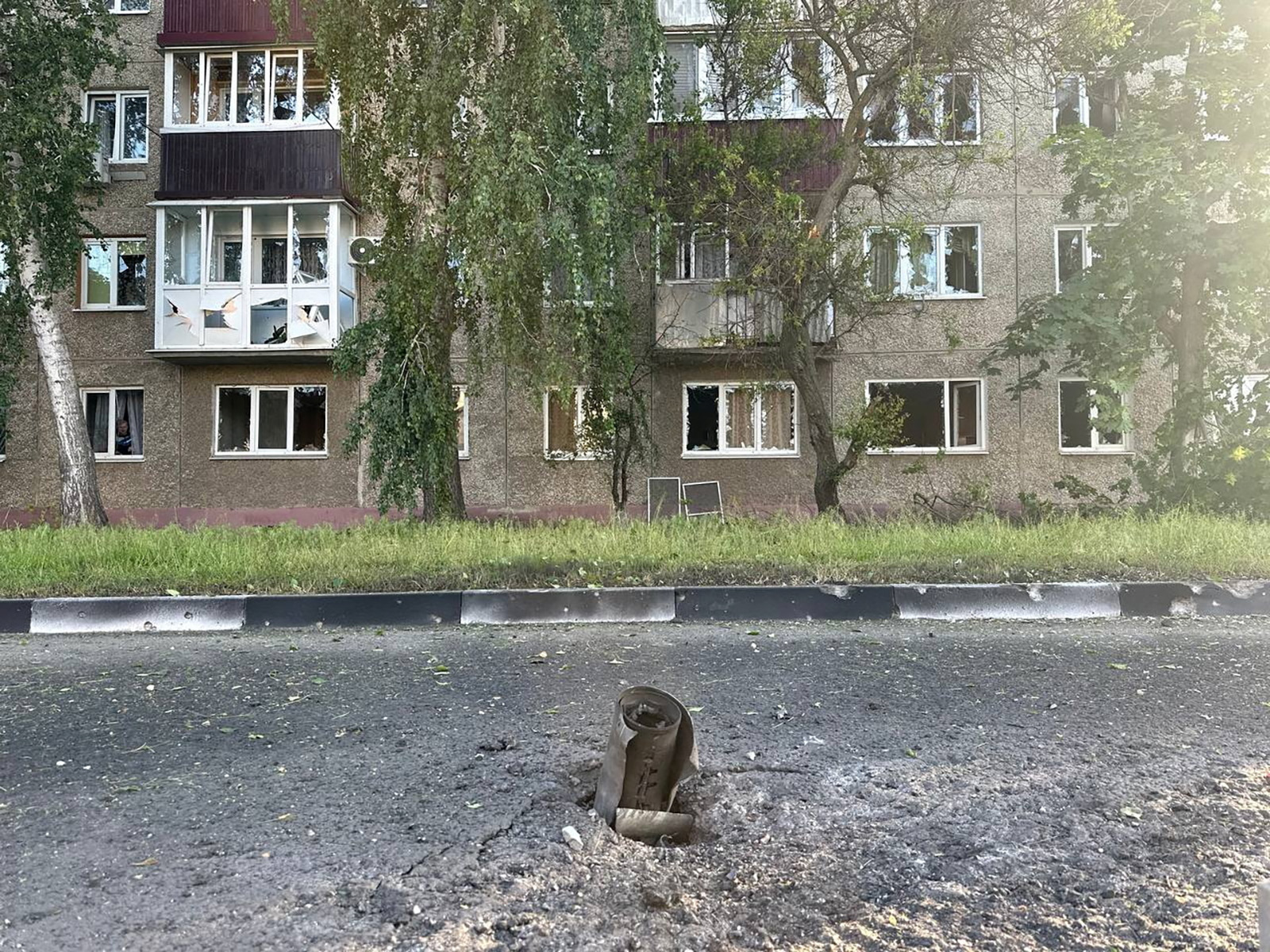
Shell casings on the street in Shebekino, Belgorod province (Russia) after the attack on May 31.
Ukraine launched 260 rockets into Russian territory?
On the afternoon of May 31, Moscow accused Ukraine of continuing to attack Russian territory, with 260 rockets launched into Belgorod province in just one day.
TASS quoted Vyacheslav Gladkov, Governor of Belgorod Region, as saying that within 24 hours, Ukrainian armed forces launched nearly 220 rockets at the Shebekino district of the region. Mr. Gladkov said the attacks left a total of three people injured.
"Two people were quickly taken to a hospital in Belgorod. The man has shrapnel in his neck and back, his condition is serious, the woman has shrapnel in her arm and forearm. Doctors are carrying out all the necessary examinations," Gladkov wrote on Telegram.
Calculating the damage, Mr. Gladkov said that the shelling of Shebekino damaged 29 high-rise buildings, many windows were broken, and facades were damaged.
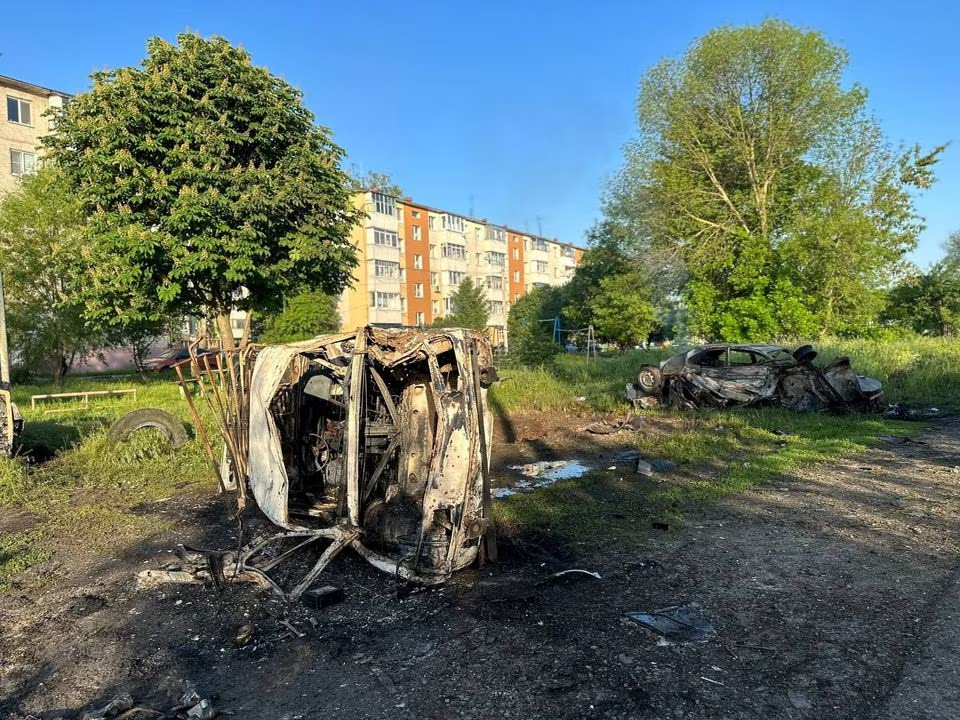
Destroyed vehicles after shelling on May 31 in Belgorod province
According to him, the Belgorod district was shelled nine times, while the Volokonovsky district was hit 12 times and the Grayvoronsky district was hit by rockets 30 times. In total, the Belgorod region was shelled by Ukrainian artillery more than 260 times during the day, Gladkov wrote.
UAVs continuously fall on Russian oil refineries
On May 31, Mr. Veniamin Kondratyev, Governor of Krasnodar Province (southern Russia) said that an unmanned aerial vehicle (UAV) crashed at an oil refinery in this province. The incident caused a dirty oil tank inside the plant to suddenly catch fire, according to TASS.
President Putin reacts to 'biggest' UAV attack on Moscow
“A fire broke out at the Afipsky oil refinery. A fuel oil distillation facility caught fire. The cause is temporarily attributed to a drone attack,” Kondratyev wrote on Telegram. He later announced that the fire had been extinguished and there were no casualties.
However, shortly after the fire at the Afipsky plant was put out, officials in southern Russia said another UAV had crashed at the nearby Ilsky oil refinery and started a fire. The fire was also extinguished and no casualties were reported, according to local authorities. According to RIA Novosti, the two plants are located about 20 kilometers apart.
There is currently no information about the individual or organization behind the two incidents. Kyiv has not claimed responsibility for the attacks inside Russia.
He said Russia was moving to the defensive.
In an intelligence update on May 31, the British Ministry of Defense said that since early May, Russia has increasingly ceded the initiative on the battlefield to focus on dealing with Ukraine's activities, instead of actively moving towards the military goals set by Moscow.
President Biden: Ukraine Can Still Have Long-Range ATACMS Missiles
Russia has reportedly had little success in its goal of neutralizing Ukraine’s improved air defenses and destroying Kyiv’s counterattacking forces. On the ground, Russia has redeployed security forces to respond to attacks inside its territory. British intelligence also predicts that Moscow’s increased military spending is putting financial pressure on the Russian government .
Could Putin go to South Africa for the BRICS summit?
CNN reported on May 31 that South Africa has granted diplomatic immunity to all officials attending the summit of the BRICS group of emerging economies (Brazil, Russia, India, China and South Africa) in August. This means that Russian President Vladimir Putin can visit the country despite an arrest warrant from the International Criminal Court (ICC).
“This is a standard grant of immunity that we make to all international meetings and summits held in South Africa, regardless of the level of participation,” according to a statement issued by the South African Foreign Affairs Department earlier this week.
On May 30, the Democratic Alliance (DA), South Africa's main opposition party, said it had filed a court application asking the government to detain Mr Putin and hand him over to the ICC if he visits the country.
Previously, the ICC issued arrest warrants for President Putin and Russian Presidential Commissioner for Children's Rights Maria Lvova-Belova on charges of "illegally deporting and transferring children from the territory of Ukraine to Russia".
Source link


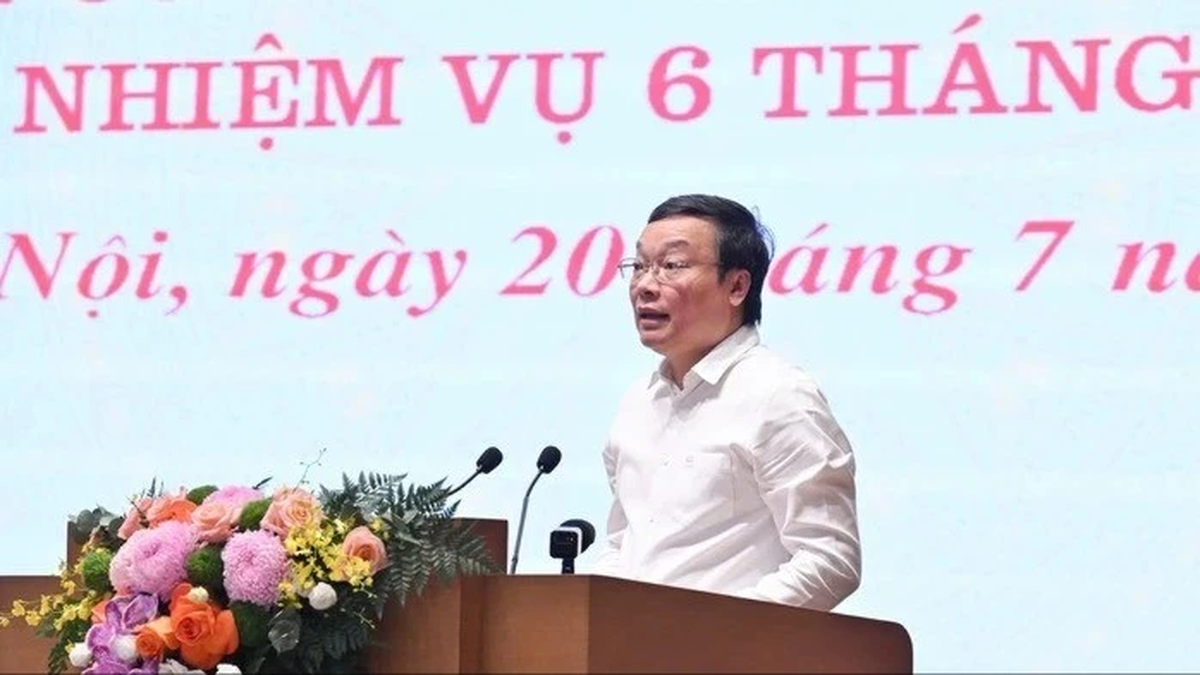
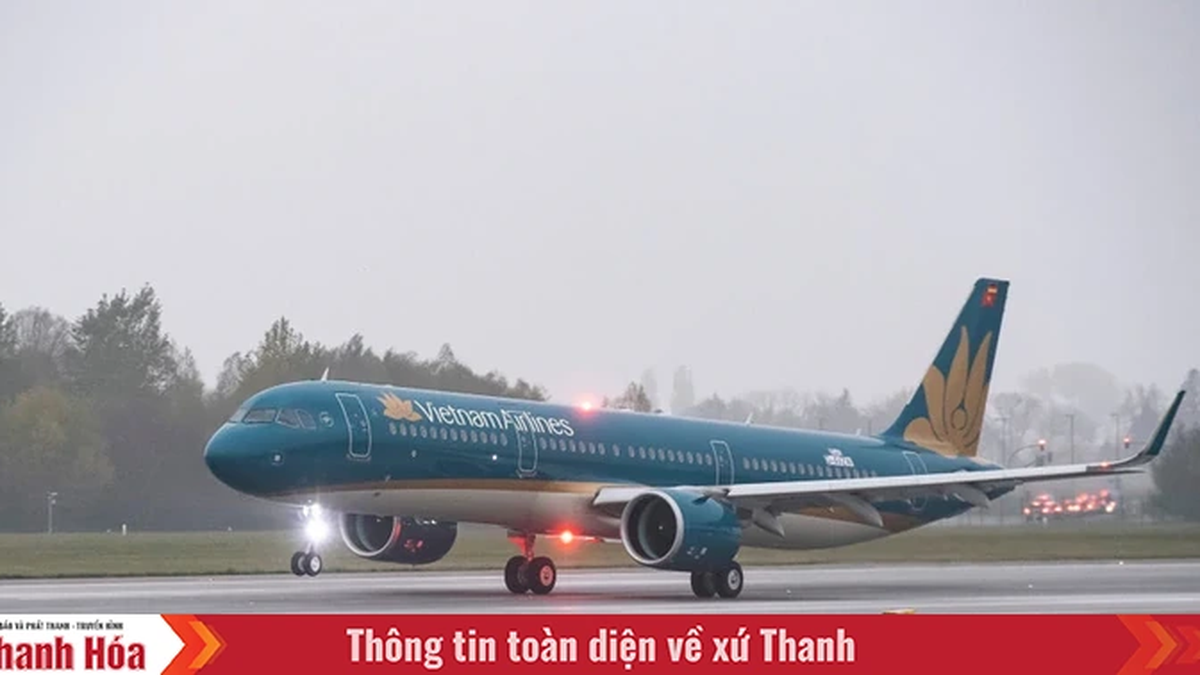
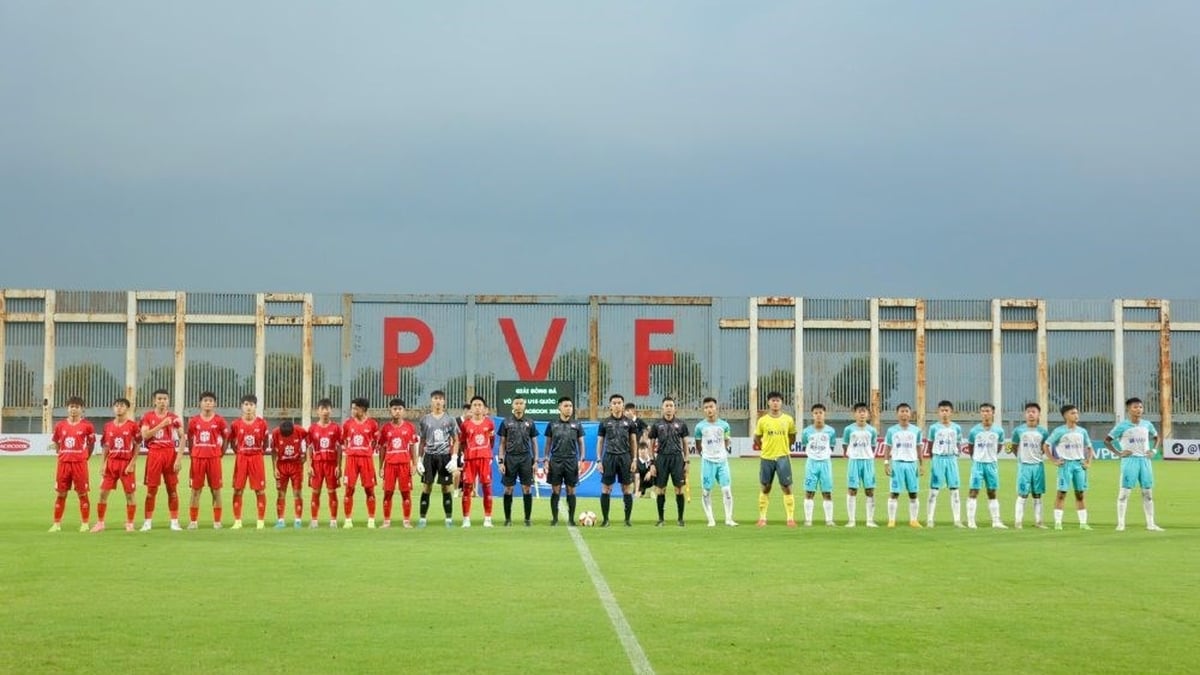



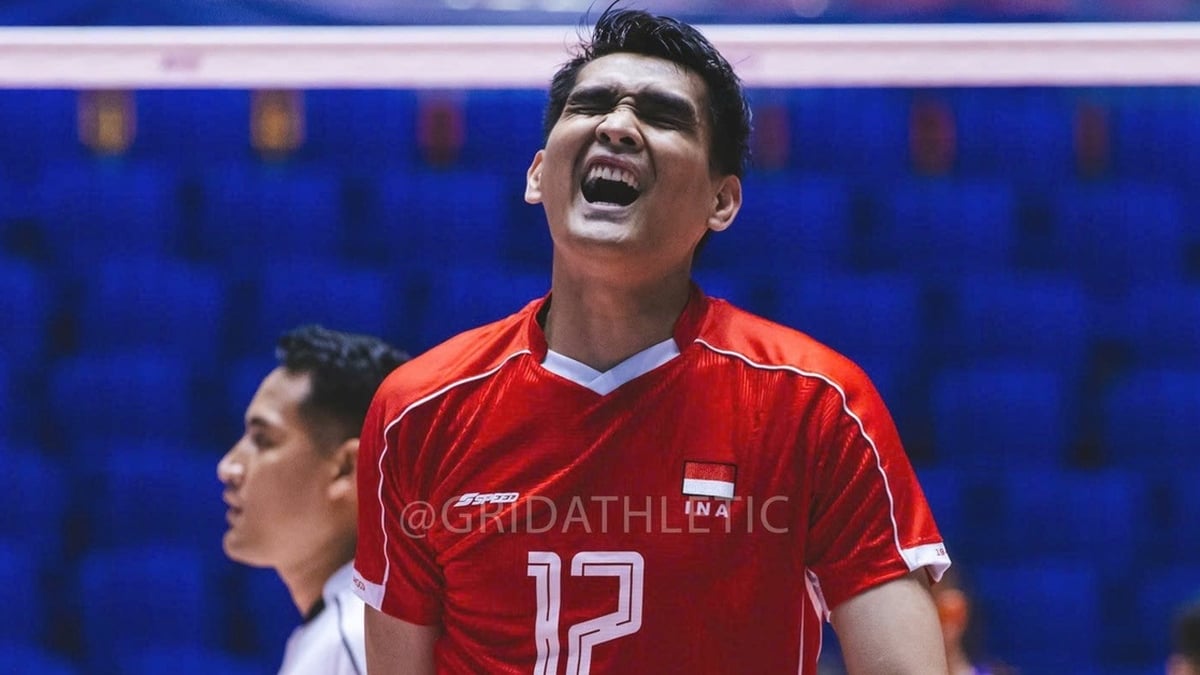

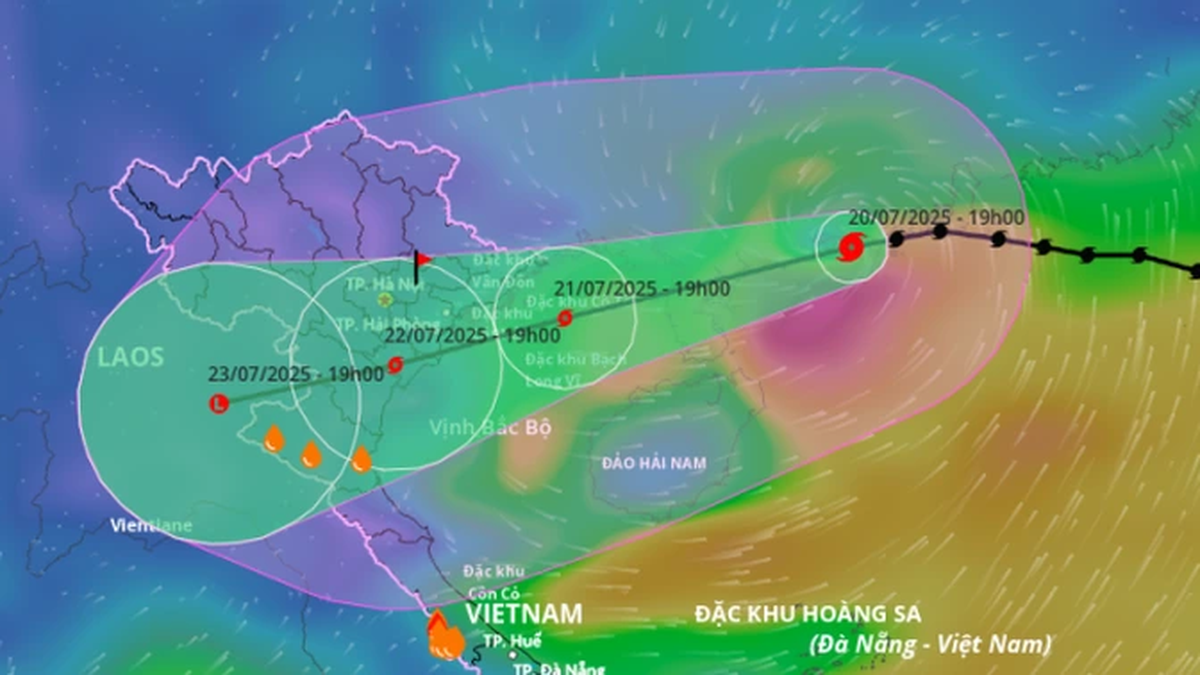
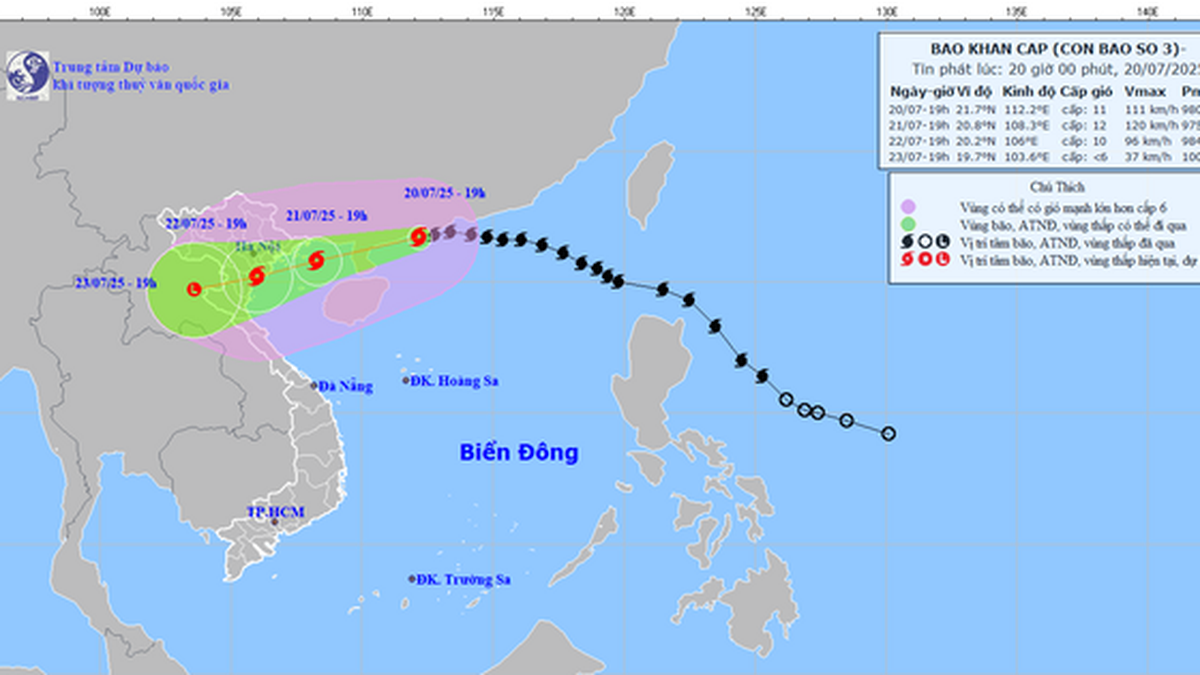














![[Photo] National Assembly Chairman Tran Thanh Man visits Vietnamese Heroic Mother Ta Thi Tran](https://vphoto.vietnam.vn/thumb/1200x675/vietnam/resource/IMAGE/2025/7/20/765c0bd057dd44ad83ab89fe0255b783)






































































Comment (0)